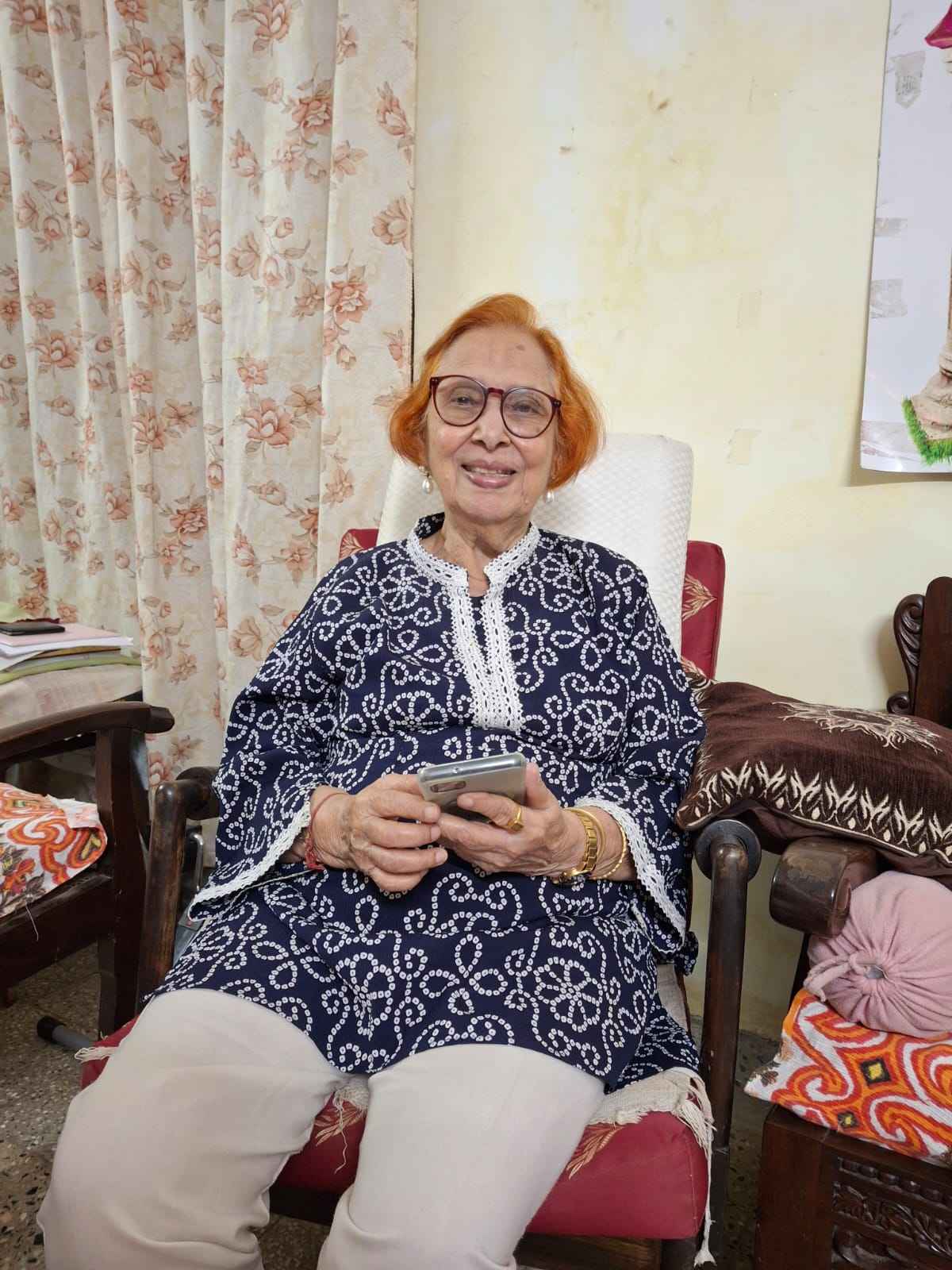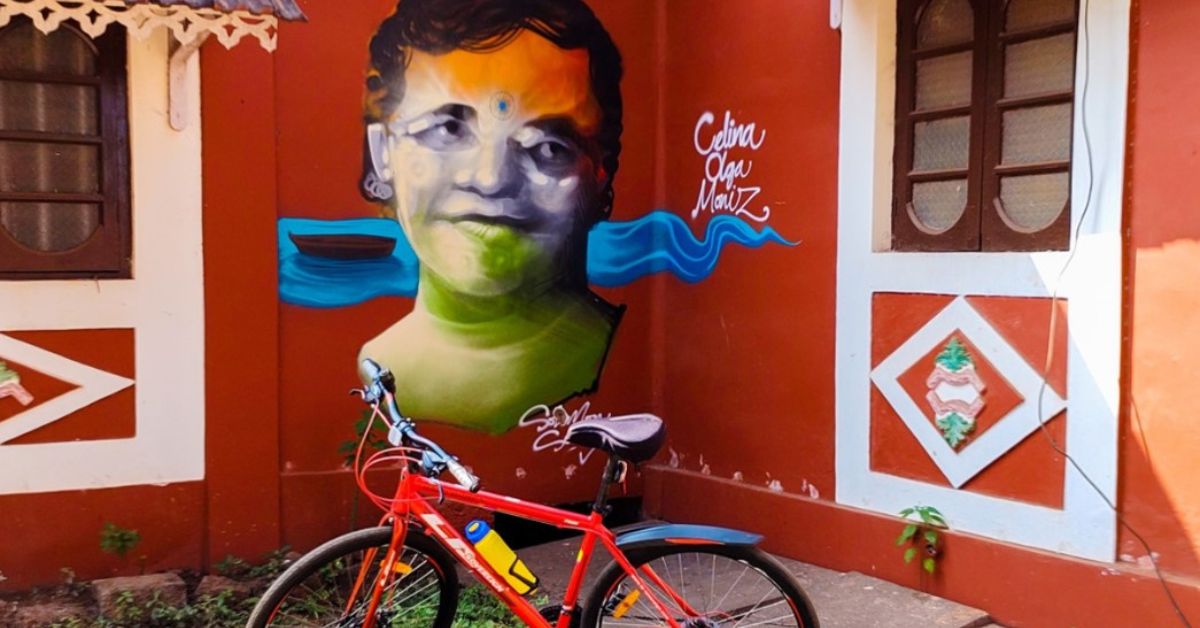Year 1947: The entire country had gained independence. However, a tiny part of it – Goa – remained under Portuguese control for 14 more years. It was only in 1961 that the state was finally liberated, marking the end of 400 years of colonial rule.
In those years of continued occupation, a silent revolution was brewing. Among the countless voices demanding freedom were courageous women who refused to surrender — fighting with unshakable resolve for Goa’s liberation. Here’s a look at some of these fearless women and their remarkable acts of defiance.
Around 1955, the only news most Goans would believe was that disseminated by the ‘Voice of Freedom’. The radio broadcast could be relied on for the truth. Times were tough; Goa was doing everything she could to free herself.
The years in between saw many women rising in rebellion, fearless of social retaliation or critique. One of them was Libia Lobo Sardesai. She, along with her husband Vaman Sardesai, started the ‘Voice of Freedom’ from a non-descript forest to avoid detection. Their news broadcast permeated the state, heightening the nationalist mindset.

In January 2025, Libia was awarded the Padma Shri for her bravado. Liberation Day — 19 December 1961, when Goa tasted freedom — remains etched in her mind. “When Goa was liberated, General JN Chaudhuri [then the chief of army staff of the Indian Army] came to us and delivered the news himself. I didn’t know how to react. I just took a flower from the garden and gave it to him. He asked me, ‘What do you want to do?’ I said, ‘I want to proclaim it from the skies’.” The next day, the state was showered with leaflets declaring Goa’s liberation. The source lay in the skies — a plane seating Libia and Sardesai, who were thrilled at this new form of broadcasting.
Another woman who displayed remarkable resilience was Prema Purab. During the onslaught leading up to liberation, Prema was designated to transport arms to freedom fighter Mohan Ranade. As she sprinted through a certain forest, a shot was fired by the Portuguese police. Despite the bullet striking her leg, Prema kept running. Once she completed her duty and delivered the arms, she was smuggled in a truck to Belgaum, where she could receive medical attention.
While some women defied the Portuguese rule through action, others did it through words.
One such story is about Vatsala Kirtani. Vatsala detested the oppressive strategies of dictator Antonio Salazar. At a meeting organised by Indian political activist Dr Ram Manohar Lohia, Vatsala was vocal about her contesting opinions.
She was arrested on June 18, 1946. But there followed a rallying cry for her release. Over forty women marched to the station. They demanded that she be released. The alternative they proposed was that they be arrested. When Vatsala was questioned about her speech by the officers, she replied, “Just as the words ‘Viva Salazar’ fill you with pride, so does ‘Jai Hind’ galvanise my spirit.”
It is impossible to speak about the rebellious spirits of the women of Goa without mentioning Berta de Menezes Braganca. Whether it was partaking in protest marches and speeches in South Goa, starting a fortnightly ‘Free Goa’ in Mumbai in 1958, or even demanding military action against the colonisers through speeches in the rest of India, Berta did not back down.
She was also chief of the Goa wing of the Indian National Congress. A story that is often retold is of how she and her uncle TB Cunha were prevented from speaking at a certain event on June 30, 1946, in Margao. She stood up to the police, who shoved the duo into a car and abandoned them by the roadside at Chandor.

Another victim of police brutality was Celina Olga Moniz. She was arrested on January 26, 1955, for carrying the Indian flag and was tortured in the Panaji jail for months. But nothing could deter her morale. Celia played an important role in the underground nationalist movement in Goa. In 1954, while she and her associates were planning the roadmap of retaliation against the Portuguese rule at the residence of Dr Jose Francisco Martins, they were caught and arrested. Later they faced trial at the military court. Moniz is the recipient of Tamrapatra from the central government, one of the highest honours for political prisoners.
Edited by Vidya Gowri
No comments:
Post a Comment